Sustainability
UPCYCLING & Sustainability - Why we source Sustainable Ingredient Partners
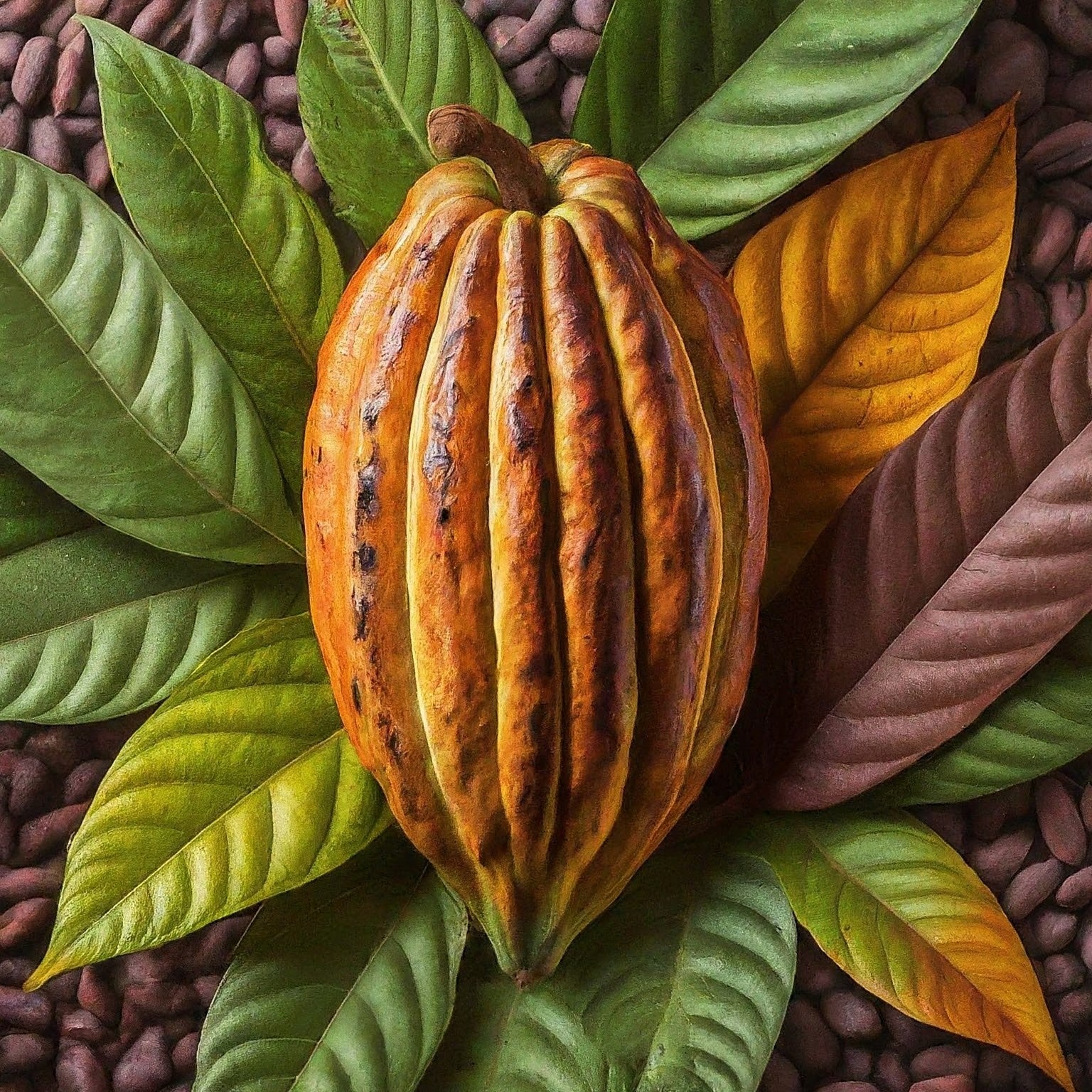
Coco Polo bliss™ and the Sustainability of the cacao-fruit.
Coco Polo bliss™ has the fruity cacao notes which are uniquely noticeable in our taste. This occurs when there is a significant quantity of the UPCYCLED 100% cacao-fruit (pod) used. We have received Upcycled Food Association Full Certification because of our commitment to make it the basis of our chocolate.
What does it mean to Cacao Farmers?
Farmers immediately receive more revenue when they sell the UPCYCLED part of the cacao-fruit. By selling the WHOLE pod, instead of the 30% previously sold to make all cacao products, the farmers' receive much more income. This gives them the incentive to grow cacao instead of replacing cacao trees with crops that yield more income. It also gives them the ability to better afford the high costs of maintaining the health of their trees from pests, diseases, and climate change issues. Using 100% of the pod also increases the ability to make more chocolate and efficiently use the planet's resources, as world demand for cacao is increasing and traditional cacao output has been declining.
Costs to provide Upcycled Whole Cacaofruit
It costs more to save and process 100% of the whole cacaofruit. The manufacturing is newly created and is not widely used. Conventional manufacturing methods, whose existing systems use 30% of the cacaofruit, have long established efficiencies, but waste 70% of the cacaofruit.
And, we also always remember that the farmers receive additional revenue from their harvest.
Upcycled Whole Cacao-fruit Nutrition
The 70% of the cacao-fruit previously unused, mostly thrown away, still possesses the nutritional value and flavor of the beans.
Coco Polo bliss™ - Why we use Stevia and No Added Sugars of ANY KIND
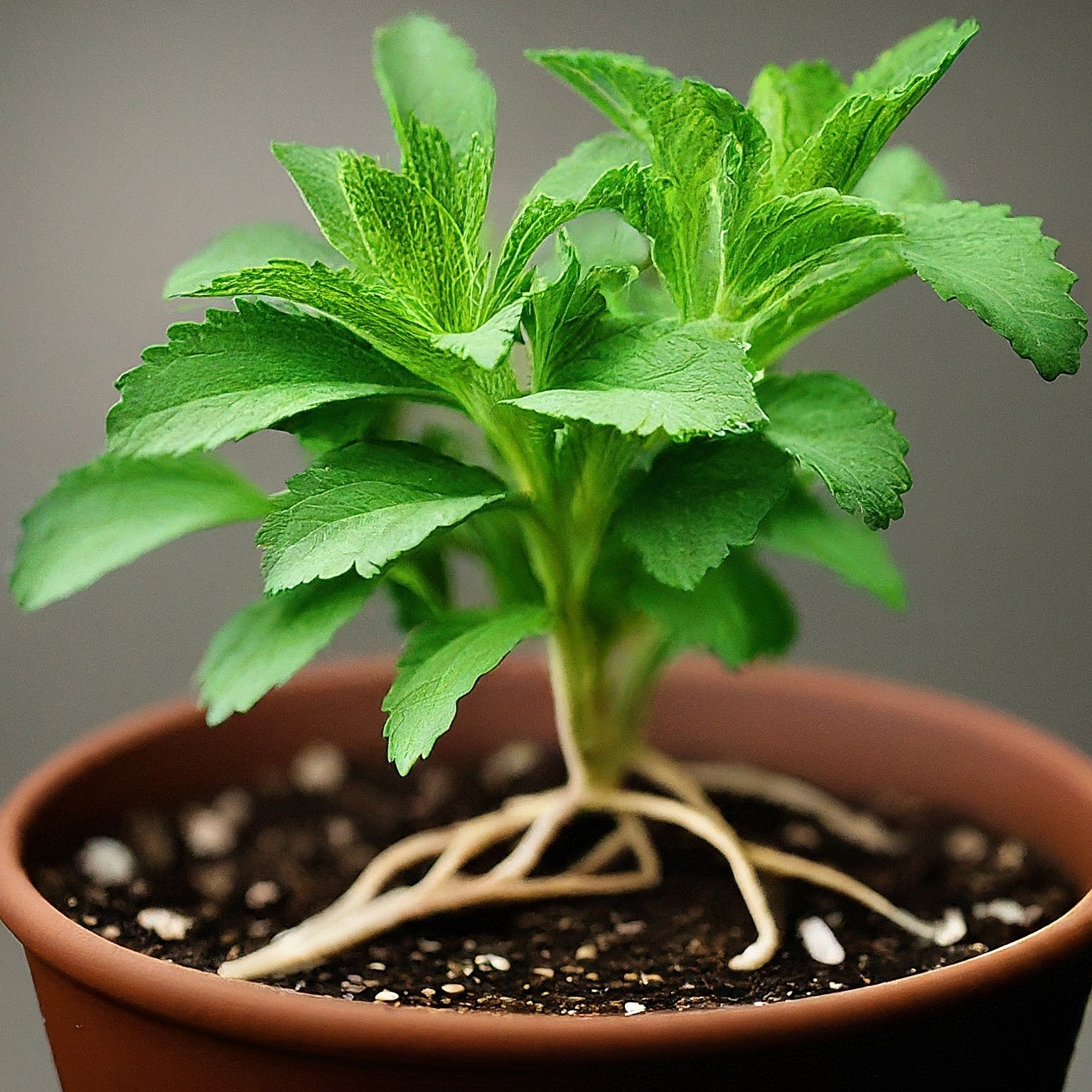
Our SWEET Sustainable Choice-Stevia!
The cacao-fruit delivers its best self by remaining whole, giving us the entirety of its nutrients and sweetness with its nutrition not diluted by added sugars of any kind. We consider all Added Sugars (by all names) to diminish the net health benefit of the cacao-fruit.
Studies
According to Dr. James Suckling, lead author of the study working in the University of Surrey's Centre for Environment and Sustainability:
"The use of steviol glycosides and similar natural products could be sweet news for the health of our planet.
Stevia-based sweeteners are a sweeter, more ecologically friendly substitute to sugar. Natural sweeteners made from stevia may only emit 10% of the total greenhouse gases that sugar does while maintaining the same sweetness.
It offers an opportunity to reduce land use or water consumption compared to the same level of sweetness as sugar. “
Nutrition
From a nutrition standpoint, alternative sugars, that are derived from natural sources and are considered "healthier” or perceived as more natural and less processed, are many times only compared to refined sugars or high-fructose corn syrup. They have a slightly higher nutrient content and lower glycemic index compared to white sugar, but still contribute to calorie intake and counteract the positive nutrition benefits of the foods they supplement. They are all still Added Sugars.
Is Stevia a sugar?
Stevia is not a sugar. Stevia has an amplified natural sweetness, which we include to gently boost the rounded sweet profile of our chocolate without an aftertaste. It does not impact caloric or carbohydrate content.
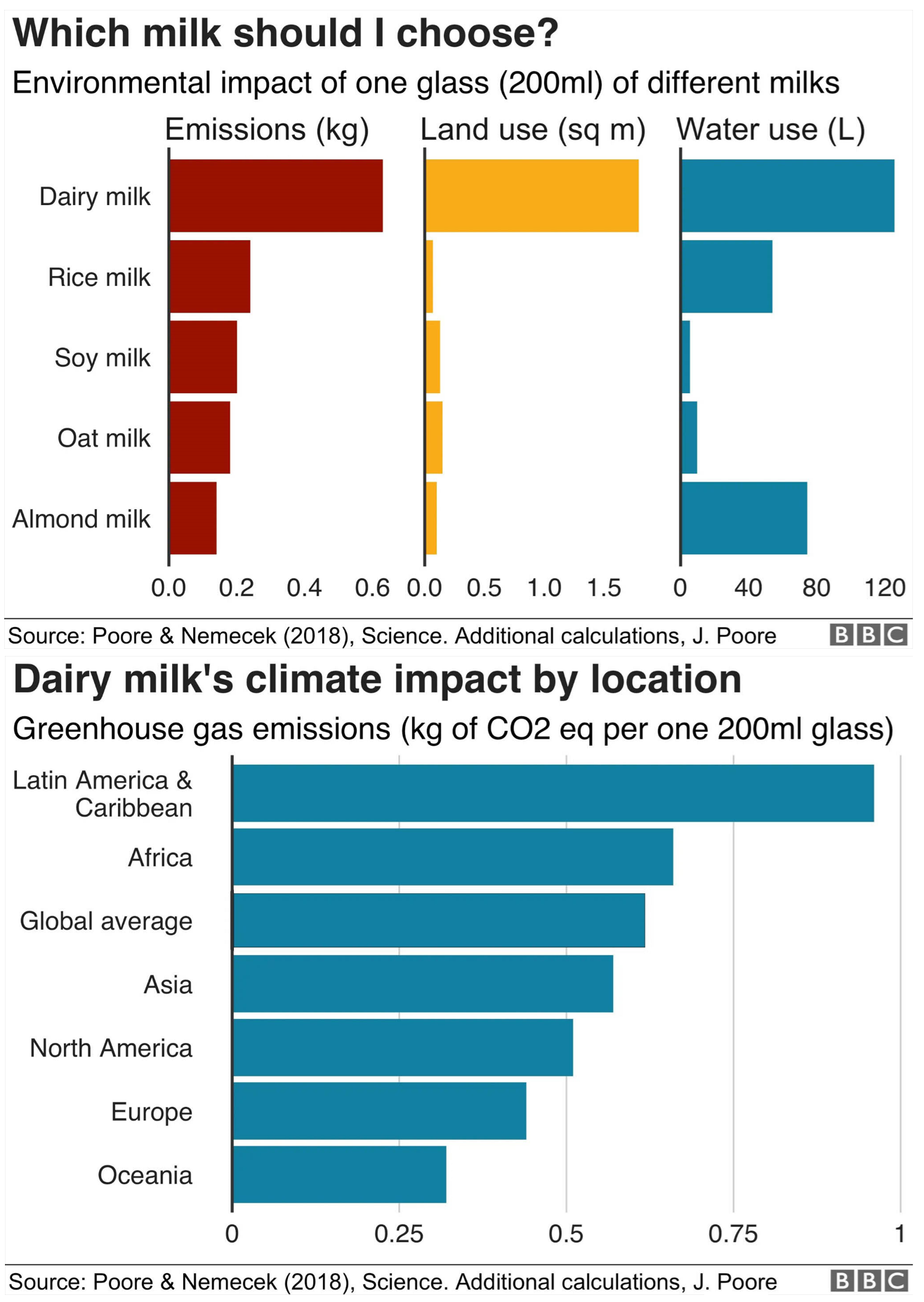
Coco Polo bliss™ chooses Oat Milk!
Oat milk offers several environmental advantages:
- Low Greenhouse Gas Emissions: It has lower CO₂ emissions compared to dairy, rice, and almond milk.
- Minimal Land Use: Oat milk requires very little land to produce, making it one of the most land-efficient milk options.
- Low Water Usage: It uses significantly less water than dairy and almond milk, though slightly more than soy milk.
Overall, oat milk is one of the most environmentally friendly milk alternatives, balancing low emissions, land use, and water consumption.
Coco Polo bliss™ chooses Pea Protein
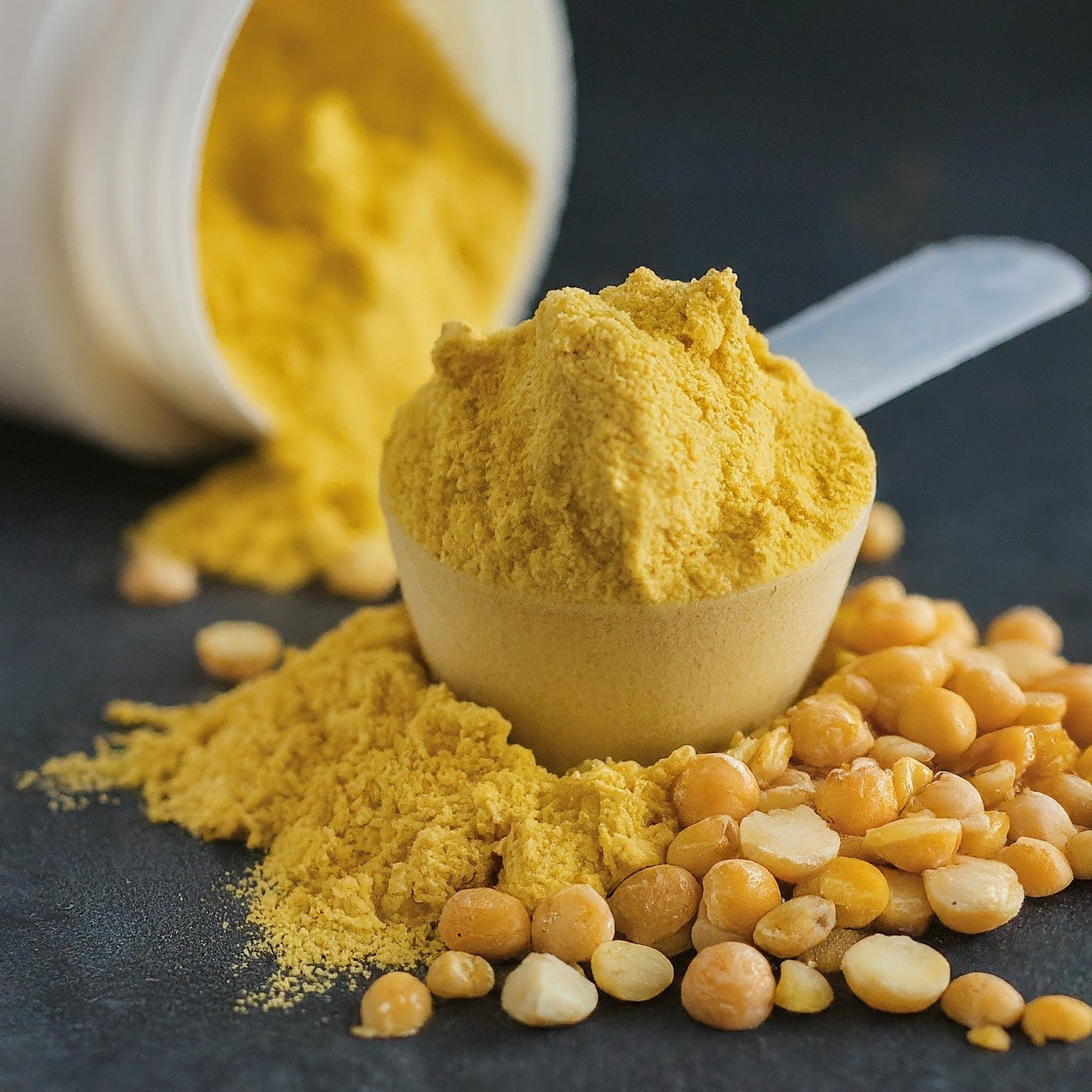
Sustainable and Environmentally Friendly
Pea protein is a more sustainable option compared to some animal-based proteins. Peas are a nitrogen-fixing crop, which means they can improve soil health by naturally enriching it with nutrients. Additionally, cultivating peas requires less water and land compared to raising livestock for traditional protein sources, making it a more environmentally friendly choice.
Low Carbon Footprint
Compared to animal-based proteins like beef or dairy, pea protein production emits fewer
greenhouse gases, helping to mitigate climate change. Producing 100g of protein from peas emits just 0.4kg of CO₂ equivalents. Producing the same amount of protein from beef produces nearly 90 times that at 35kg of CO₂.
Water Efficiency
Pea crops require less water compared to other protein sources, reducing water usage and conserving this precious resource.
Nitrogen Fixation
Pea plants have the unique ability to fix nitrogen from the atmosphere into the soil, which improves soil fertility and reduces the need for synthetic fertilizers. Effectively, this means peas come with a built-in fertilizer. That’s good for farmers and for conservation.
Crop Rotation
Peas can be grown as part of crop rotation, promoting biodiversity and preventing soil degradation. The yellow pea’s ability to add nitrogen to the soil doesn’t just benefit the yellow pea: It leaves soil healthier for next year’s crop as well.
Peas use less land
To produce the same amount of protein, bovine meat has more than 5 times the impact on land use than growing peas. Peas simply yield more protein per acre.
Coco Polo bliss ™ chooses Singing Dog Vanilla®
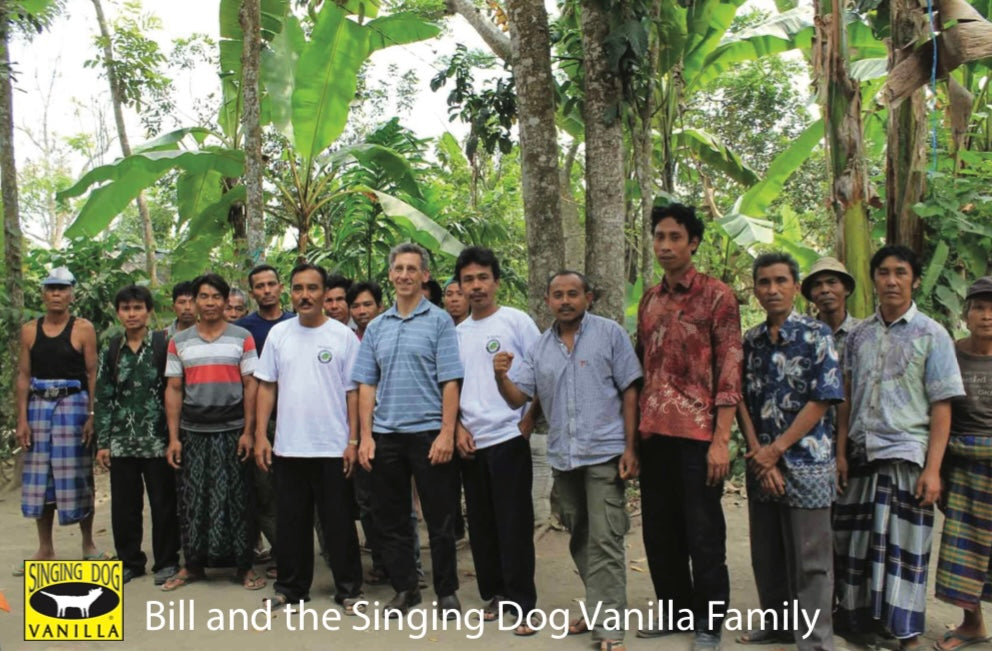
Who are they?
A truly unmatched collaboration between Singing Dog® and their farmer partners.
From their website:
“Our Fair Trade Plus+® program is the ultimate partnership between our company and skilled vanilla farming families, bringing you the finest vanilla…..
Through fair trade practices and profit-sharing bonuses, Singing Dog Vanilla® is helping create a sustainable and equitable vanilla industry that supports vanilla farmers and their communities.”
And, besides, they are genuinely nice people!
How can I obtain more information about them?
See their website to discover this unique vanilla company.
UPCYCLED Food Association™ - Coco Polo bliss™ Upcycling Partner
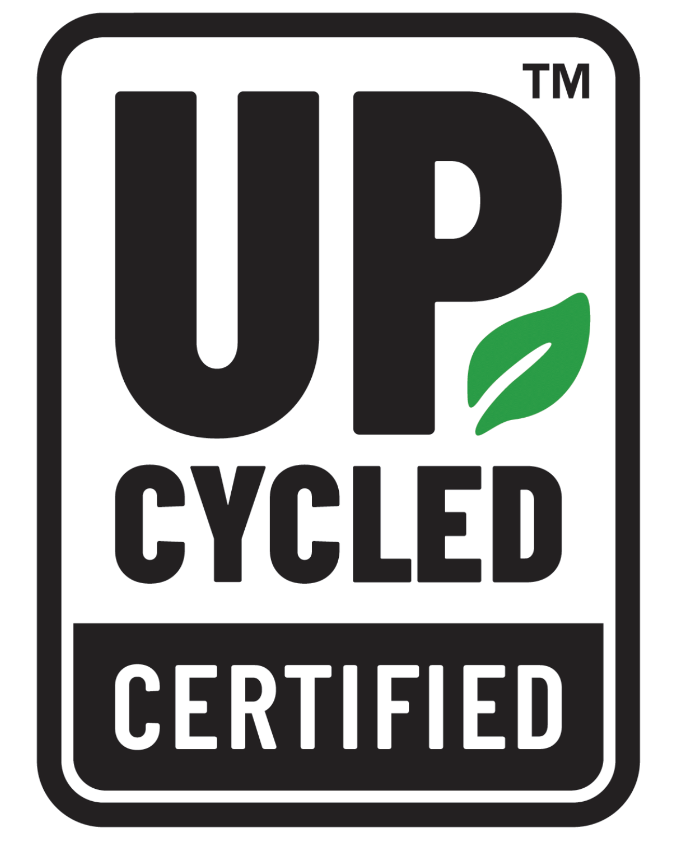
What is upycling?
“UPCYCLING is a zero-waste philosophy, unlocking food’s highest value and improving the way we value resources. Upcycled food gives everyday people the ability to vote with their dollars to end food waste”.
Climate Change
8% of human-cause greenhouse gas emissions come from food loss and waste, which is why reducing food waste is considered the single greatest solution to climate change according to Project Drawdown. https://drawdown.org/
*UFA issues two types of certifications
“UFA Minimal Content
Certification”-which represents use of the minimum amount required to receive UFA certification.
* “UFA Full Certification”- when the quantity used is significantly above the minimum amount
Coco Polo Bliss™ uses a significant amount of the Upcycled Cacaofruit. By passing a rigorous standards’ criteria, we have been awarded a Full Upcycled Certification from the Upcycled Food
Association’s certifier, Where Food Comes From, https://www.wherefoodcomesfrom.com/
Where can I read more about Upcycled?
About Upcycled Foods https://www.upcycledfood.org/upcycled-food
See our certificate
Coco Polo bliss™ is Non-GMO Project Verified
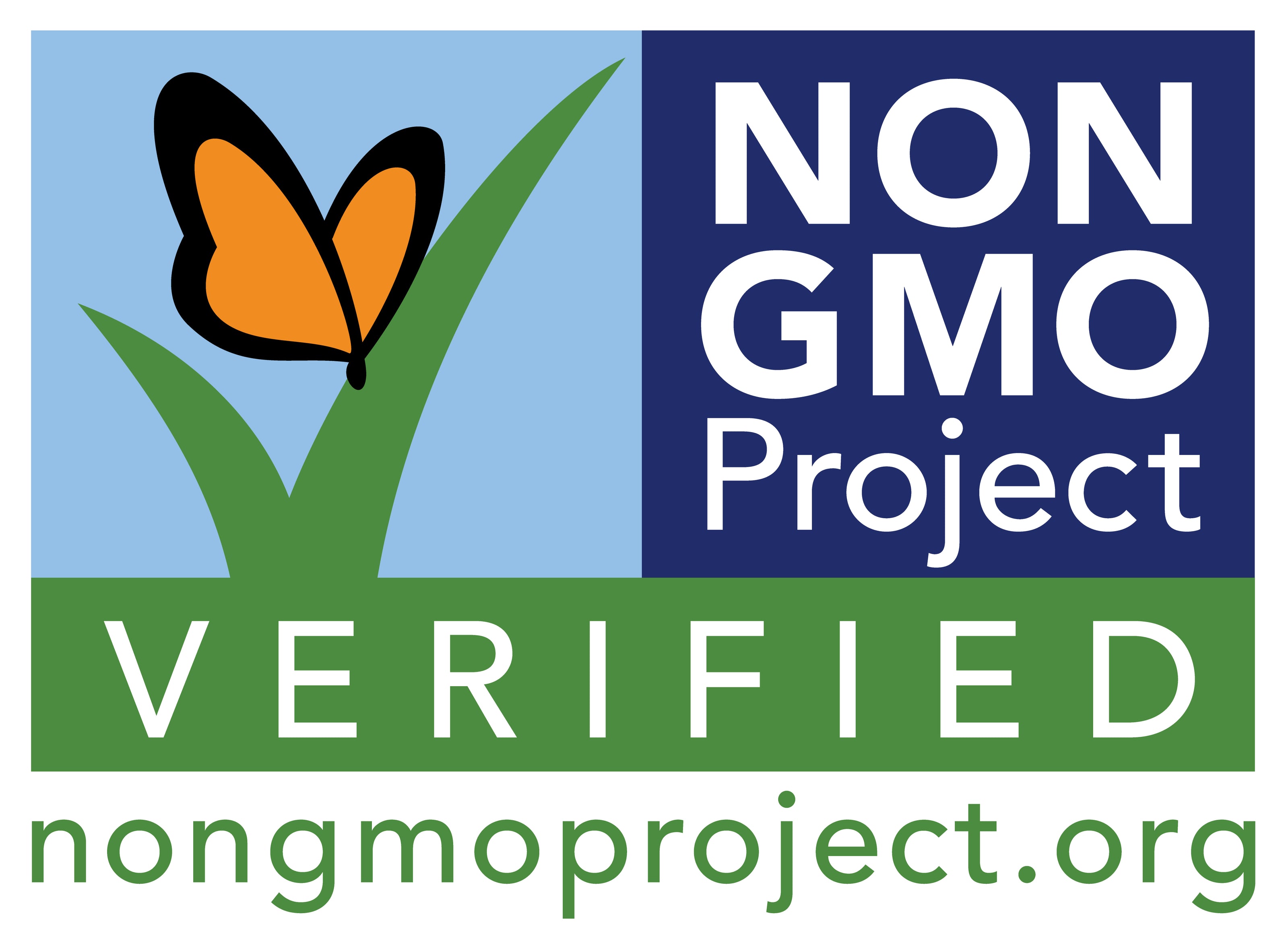
Your Trust, Our Commitment: Non-GMO Verified for a Better Future
Being Non-GMO Project Verified means that our products meet rigorous standards for avoiding genetically modified organisms, offering you a choice that prioritizes sustainability, health, safety, and transparency. By choosing non-GMO, you support environmentally responsible farming practices that protect biodiversity, while enjoying products free from genetically engineered ingredients for your peace of mind. This certification reflects our commitment to your well-being and ensures that every step, from sourcing to production, is traceable and trustworthy, empowering you to make informed, confident decisions for yourself and your family.
